For many people, scuba diving is an enjoyable pastime that allows them to see incredible creatures in their natural underwater habitat.
Feelings of weightlessness and relaxation are just a few of the benefits of scuba diving.
But what if you are looking for something more competitive and athletic?
We’re going to see that while it needs a reasonable level of fitness, scuba diving isn’t considered a sport by every participant.
Scuba diving is accessible to almost anyone, regardless of their competitive abilities.
However, for those seeking a sporting type of challenge, there are options for advancement and continuing scuba diving milestones to reach and exceed.
Additionally, enterprising divers looking for entertainment have developed their own competitive scuba sport – Sport Diving.
So, let’s take a look together at how scuba divers could be considered to be athletes.
- Are Scuba Divers Athletes?
- Is Scuba Diving a Sport or Hobby?
- Do Scuba Divers Need to Practice Like Other Athletes?
- Are There Scuba Diving Competitions?
- Are All Forms of Scuba Diving Sport?
- Is Scuba Diving an Olympic Sport?
- Conclusion
- You Might Also Like…
Disclosure: this post contains affiliate links (clearly marked with ), which means we may earn a commission if you buy something through them, at no additional cost to you.
Are Scuba Divers Athletes?
Scuba diving is an activity that is open to almost anyone.
While there are some disqualifying medical conditions, anyone at a reasonable level of fitness will be able to scuba dive if they want to.
When learning to dive, students complete a medical assessment form, and in the area for fitness, it asks if you would “struggle to perform moderate exercise – (for example, walk 1.6 kilometers / one mile in 14 minutes or swim 200 meters/yards without resting).”
While recognizing that this could be problematic to individuals for many reasons, this activity level would probably not be described by most people as being especially athletic.
However, the dictionary definition of the word athlete describes:
“a person who is trained or skilled in exercises, sports, or games requiring physical strength, agility, or stamina.”
It seems reasonable that this definition of an athlete could apply to scuba divers.
To become a certified scuba diver, it is necessary to undergo training.
It is also necessary to continually practice the skills to be able to dive safely.
Scuba diving requires some physical strength and indeed can burn calories at a rate comparable to athletic activities such as jogging.
So while it might not be a commonly used definition, it might be reasonable to call at least frequent scuba divers athletes.
In fact, for many people, their love of scuba diving encourages them to maintain their fitness levels.
As there isn’t an age limit for scuba diving, the desire to keep diving is an excellent motivator for older divers to look after their health.
Is Scuba Diving a Sport or Hobby?
The answer to this depends on the individual diver.
Many scuba divers would answer that it is a leisure activity that they enjoy on vacation or to relax and escape the pressures of life.
It is pretty common for divers just to enjoy diving once they have passed the entry-level certification course without any level of competition or particular exertion.
For many, they find that scuba diving is a hobby that offers them such pleasures as:
- Continual education and learning challenges
- The possibility to focus and develop expertise on specific areas such as diving in their local waters
- Creating their own art through underwater photography
- Being able to collect diving equipment
- A reason to visit different places around the world
- Social interaction and making new friends
However, in a literal way, it is also possible to describe scuba diving as a sport.
If a sport is defined as:
“an athletic activity requiring skill or physical prowess and often of a competitive nature…”
it’s surely possible to agree the description applies to scuba diving.
As we mentioned when considering if divers are athletes, techniques have to be learned, and scuba diving is an activity that requires physical exertion and motor skills.
The competitive part of recreational scuba diving could be in dedicating the required time for practice and improvement.
There are also an almost unlimited set of courses and certifications to take and challenges to meet.
For those that are interested, the serious challenge of technical diving can definitely be described as a sport.
In fact, technical diving and other specialized areas are where scuba diving can even be called an extreme sport.
Do Scuba Divers Need to Practice Like Other Athletes?
After completing their course, scuba divers must dive at reasonably frequent intervals to maintain their skills and diving knowledge.
It isn’t a good idea to leave a long time between dives.
Unlike some activities or sports, scuba diving can be hazardous if skills or diving knowledge have been allowed to fade.
Practicing scuba diving by making frequent dives is not only fun, but it maintains familiarity, muscle memory, and the motor and mental skills to dive safely.
Are There Scuba Diving Competitions?
Particular scuba divers love competing with one another for who has the most certification cards, the latest equipment, or the highest number of dives in their logbook.
For others, there might be a friendly competition in who has visited the highest number of or most exotic diving destinations.
However, one genuinely competitive scuba sport is known as Sport Diving.
Sport Diving was developed in the late 1990s by a group of diving instructors in Spain looking for a new way to excite divers.
What began as something for divers to do in swimming pools when they couldn’t be somewhere more exotic has grown into a highly competitive sport.
The various individual and team races made using scuba equipment in a swimming pool include:
- Event M 300 – A 300m time trial involving a mix of underwater and surface laps, some of which require the removal or replacement of the scuba equipment while racing
- Night Diving – A timed event where the competitor has to find hidden items in the swimming pool while wearing a blacked-out mask
- Obstacle Course – A team race where scuba divers swim together through a course of hoops suspended in the water and must, amongst other challenges, share their breathing regulators while racing and remove their masks at different points
Other scuba diving competitions include:
- Underwater Photography Shoot Outs – Divers visit the same location and, over a set period of time, compete to see who can take the best photograph
- Underwater Orienteering – Teams compete to see who can follow an underwater course the fastest using a compass
Are All Forms of Scuba Diving Sport?
Whether scuba diving is a sport depends on the outlook of the individual.
We can make challenging dives that most people would consider worthy of calling an extreme sport.
After all, who wouldn’t consider diving with sharks to be extreme?
It’s also possible with training and dedication to chase world records for depth or time underwater.
While most participants enjoy scuba diving as a hobby, they can definitely call it a sport too.
Is Scuba Diving an Olympic Sport?
Scuba diving has not yet found its place in the Olympic games.
Perhaps if it becomes popular enough, Sport Diving races could one day be included.
For the moment, scuba divers’ involvement in the Olympics is limited to working as safety divers for the various aquatic events or for the menial task of keeping the swimming and diving pools clean.
Conclusion
If you enjoy scuba diving, whether as a hobby or as a sport, the most important thing is to have fun and be safe.
As a scuba diver, the level of fitness and skill set that you need certainly qualifies you to be called an athlete.
So without taking ourselves too seriously, we can be quietly satisfied at the level of achievement while enjoying our time underwater.
You Might Also Like…
-

How Do Scuba Divers Drink Water? 5 Possible Ways (+7 Tips)
-

How Long Can Scuba Divers Stay Underwater? (+9 Limiting Factors)
-
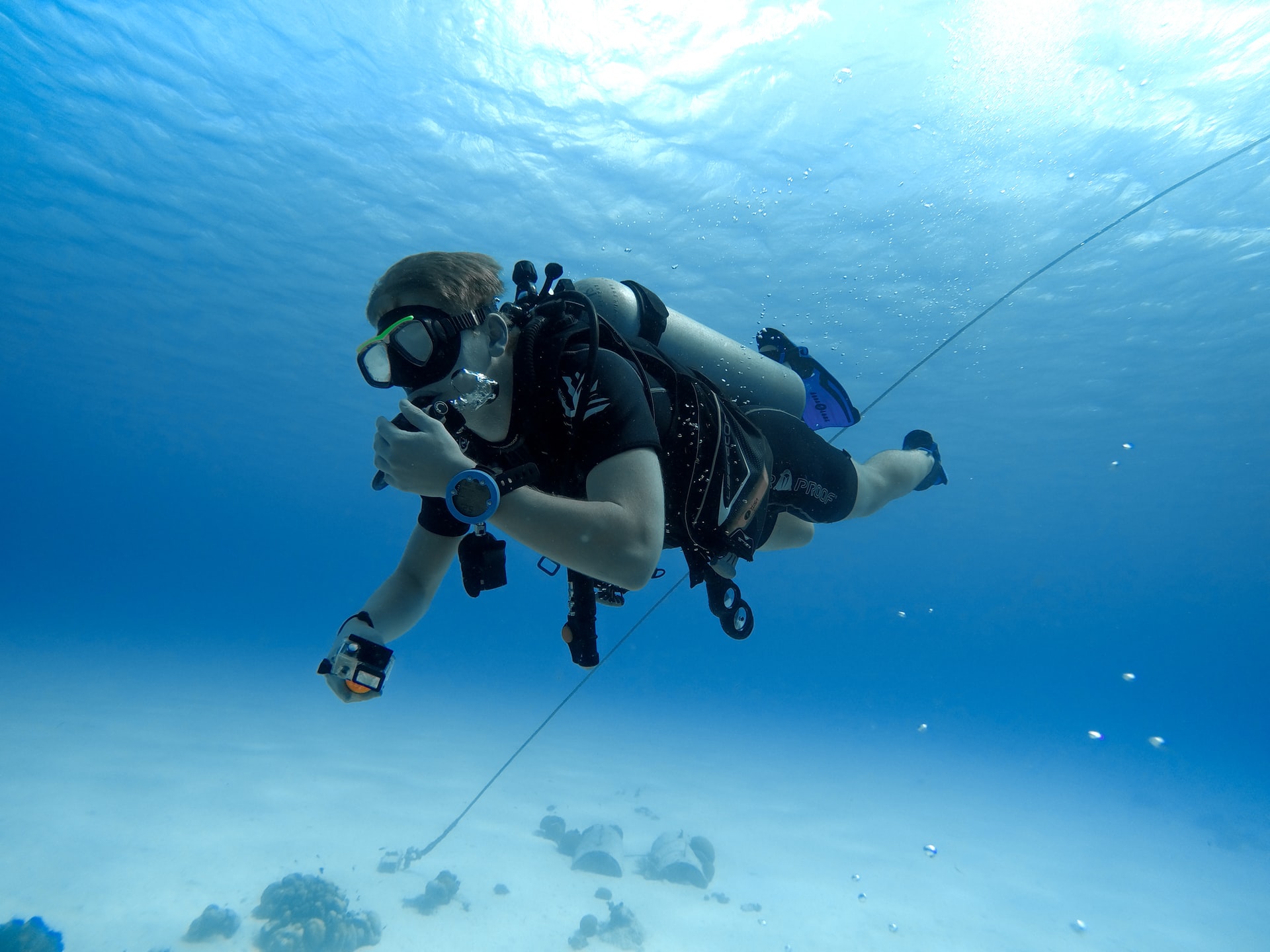
Are Scuba Divers Athletes? All the Facts (+New Competitive Forms)
-
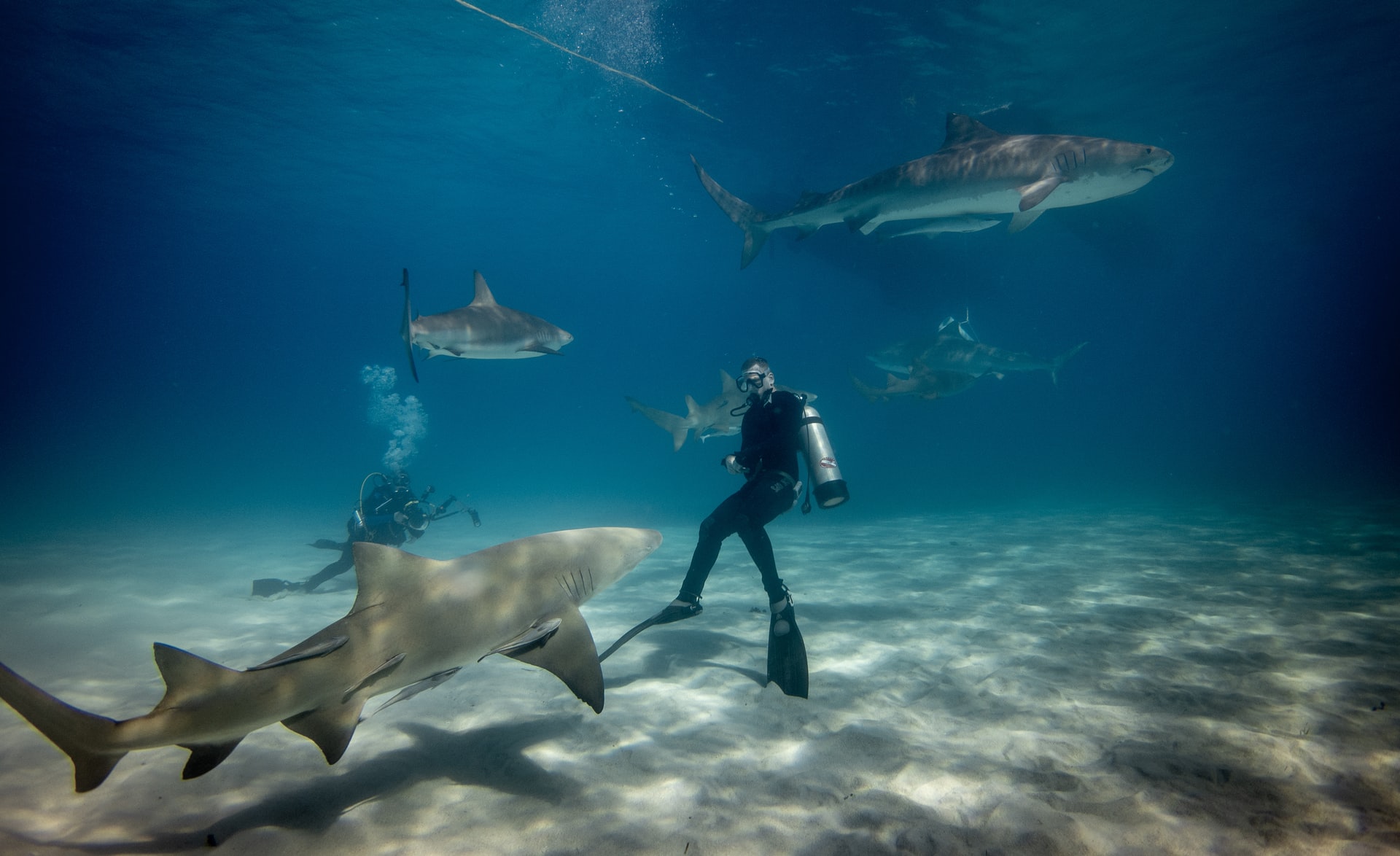
Are Sharks Scared of Scuba Divers? (What Every Diver Must Know)
-
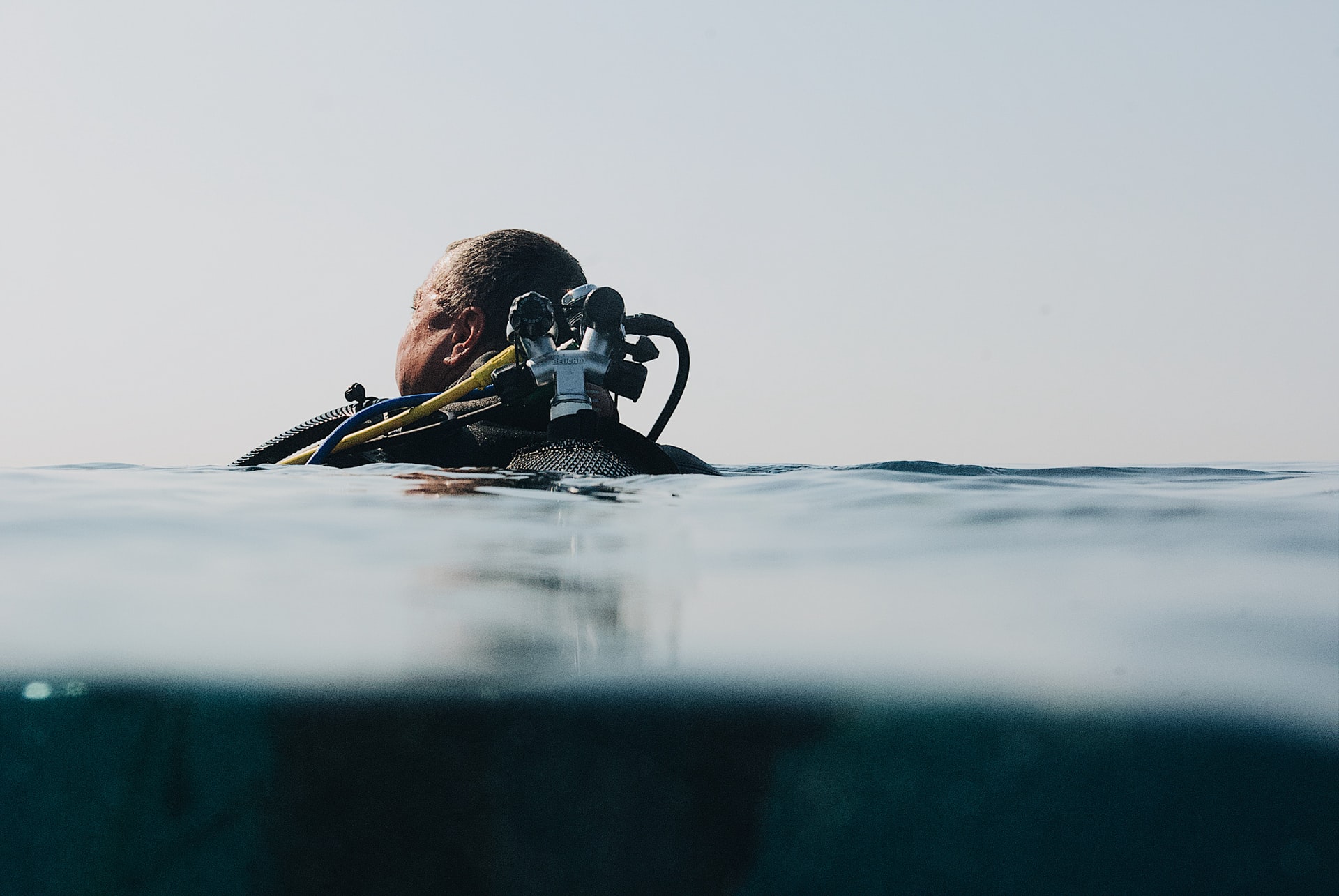
Who Should Not Scuba Dive? 17 Reasons (Every Diver Should Know)
-
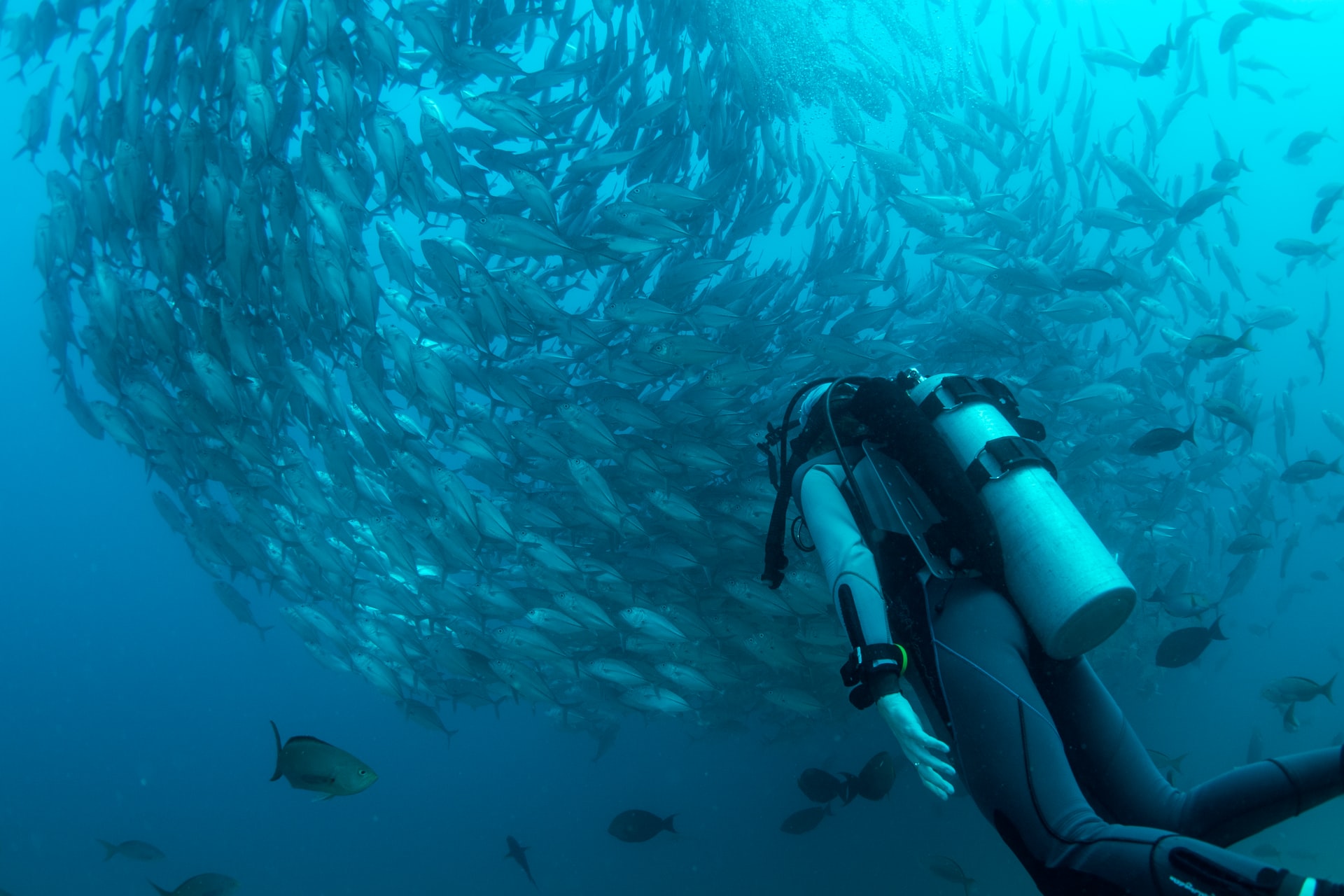
Should I Be Scared of Scuba Diving? 8 Common Fears (Debunked)
-
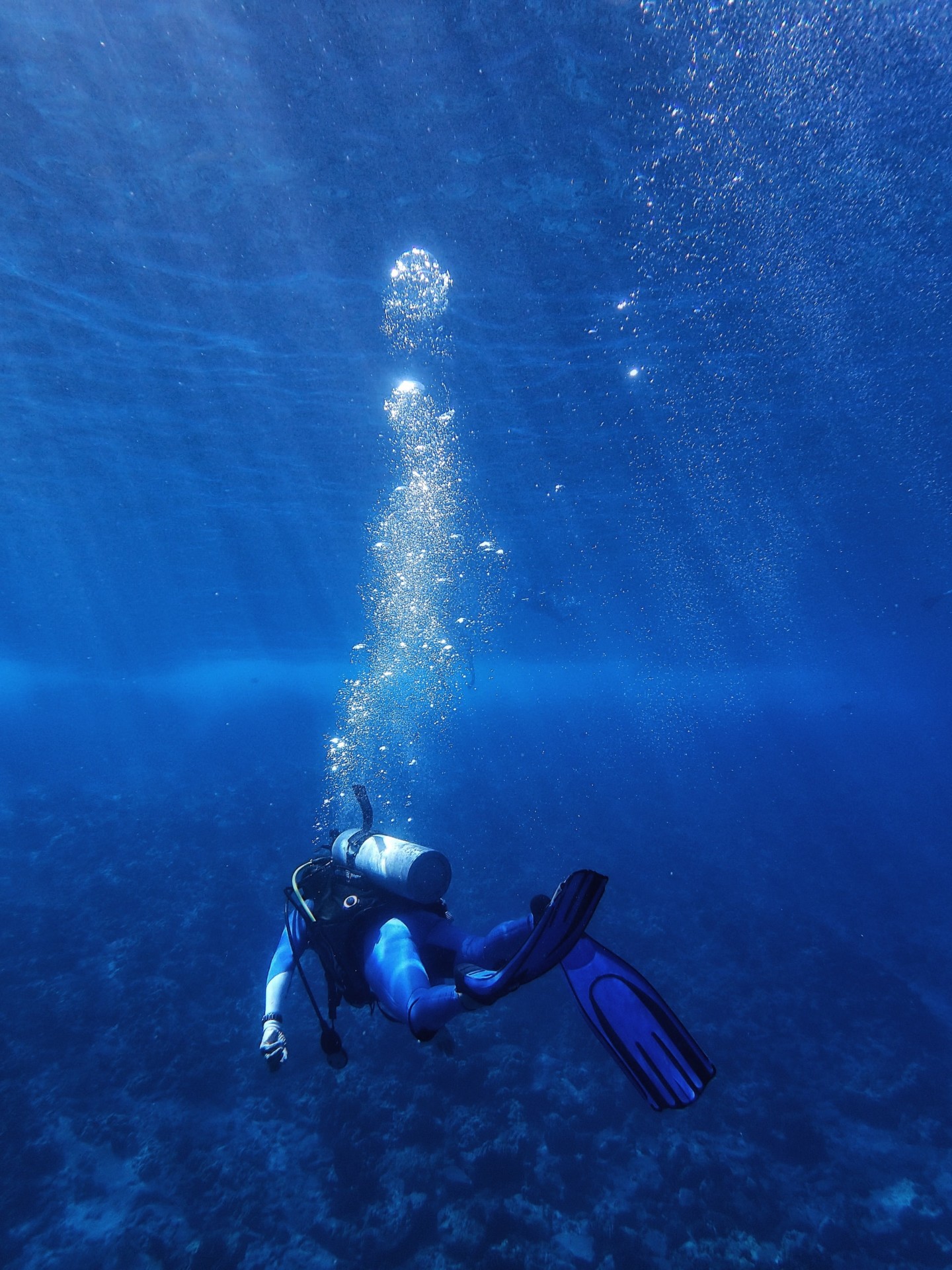
Why Do Scuba Divers Use More Air at Depth? (+4 Practical Tips)
-
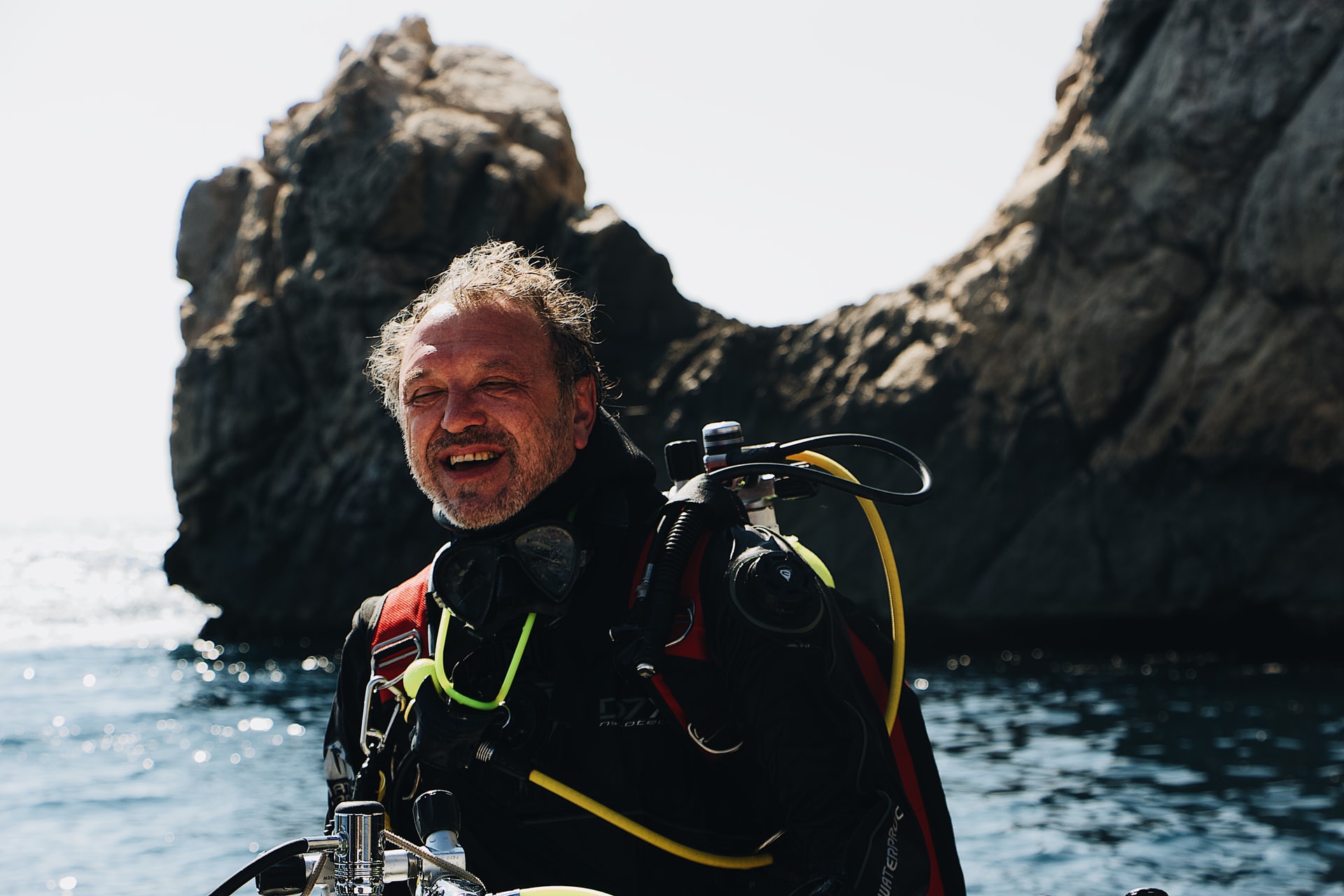
At What Age Should You Stop Scuba Diving? (+9 Tips for Older Divers)
-
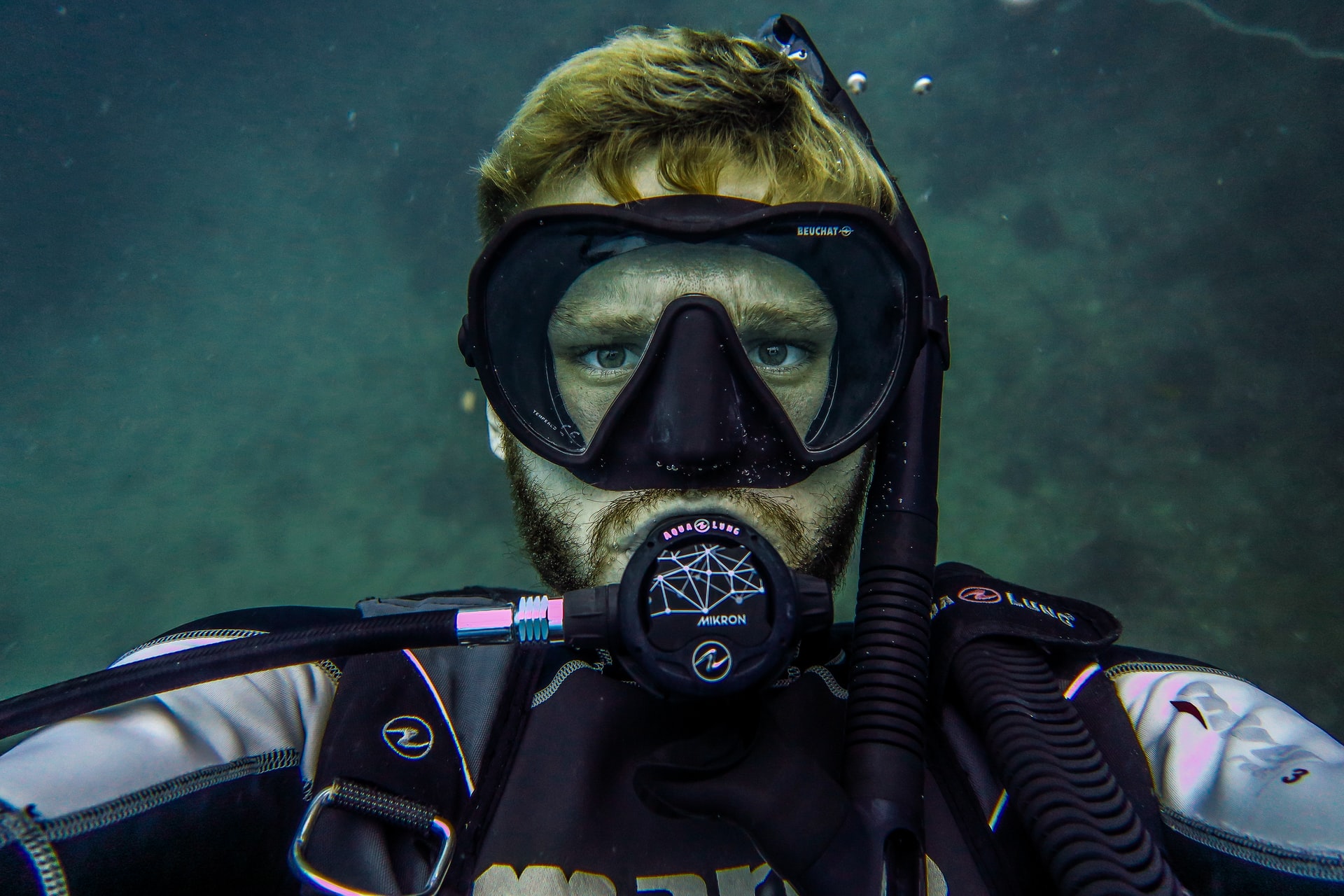
Should I Shave Before Scuba Diving? Crucial Facts (+9 Helpful Tips)
-
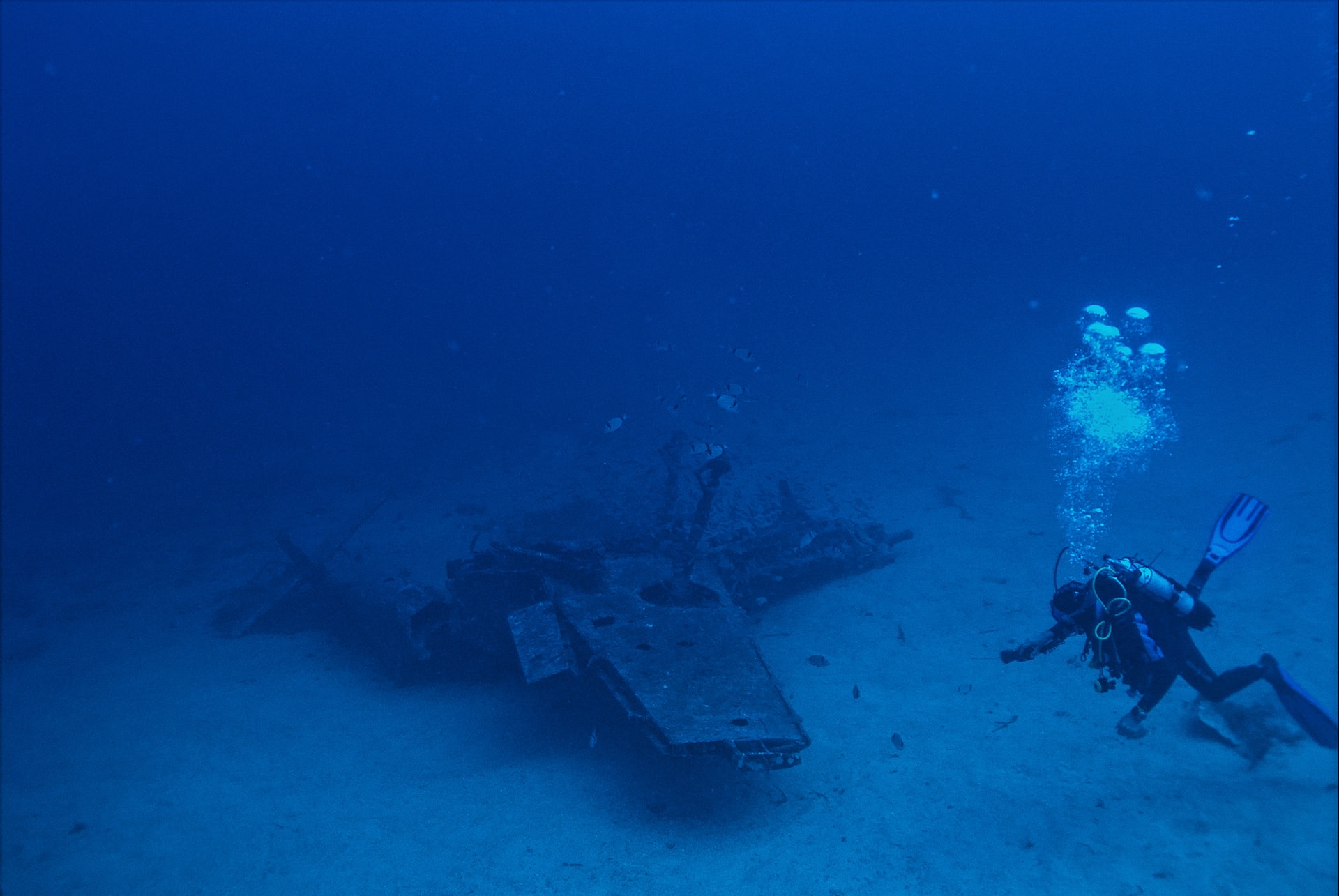
Why Do Scuba Divers Use Helium? (+Its Pros & Cons)
-
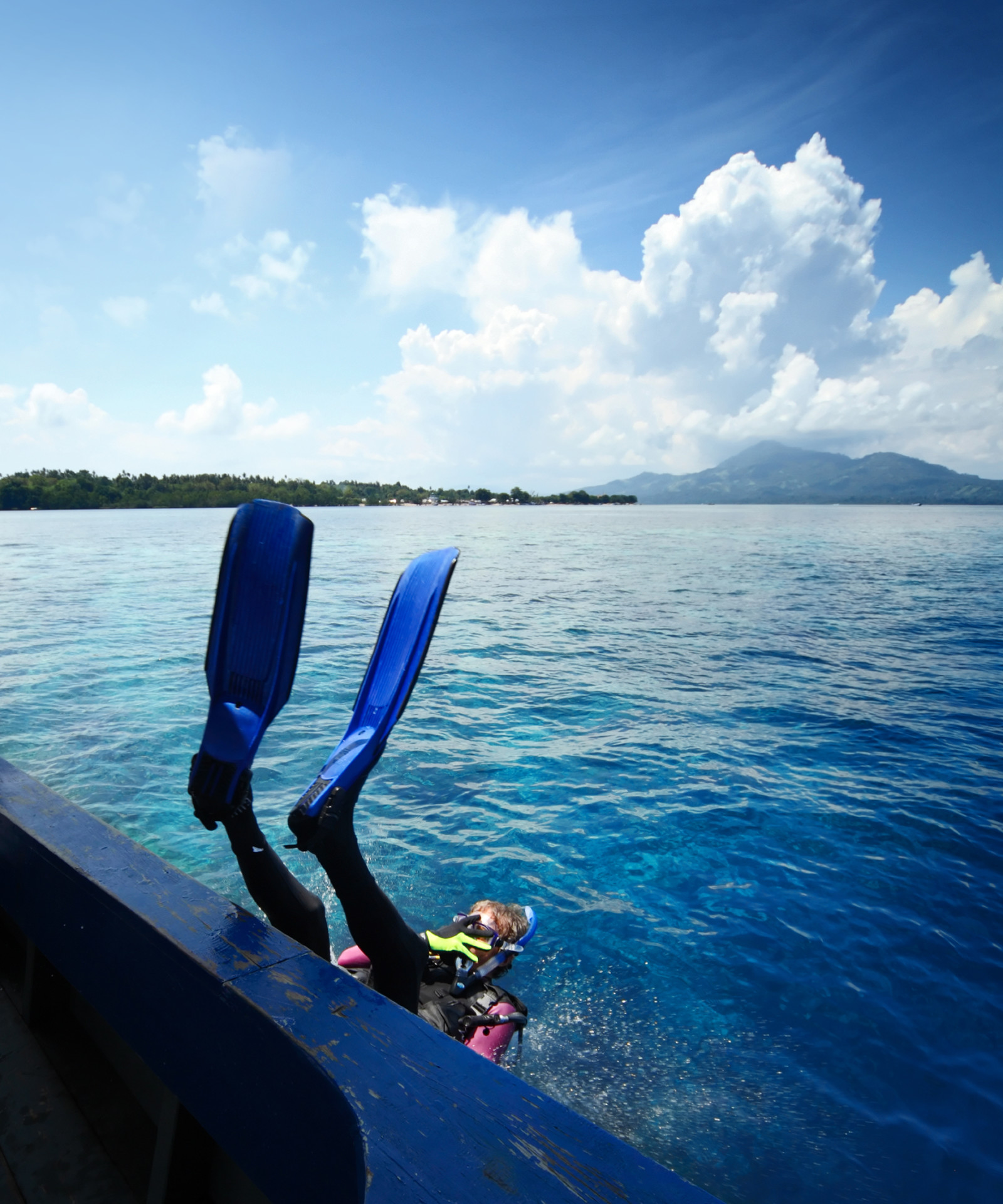
Why Do Scuba Divers Go in Backwards? (+3 Alternative Entries)
-
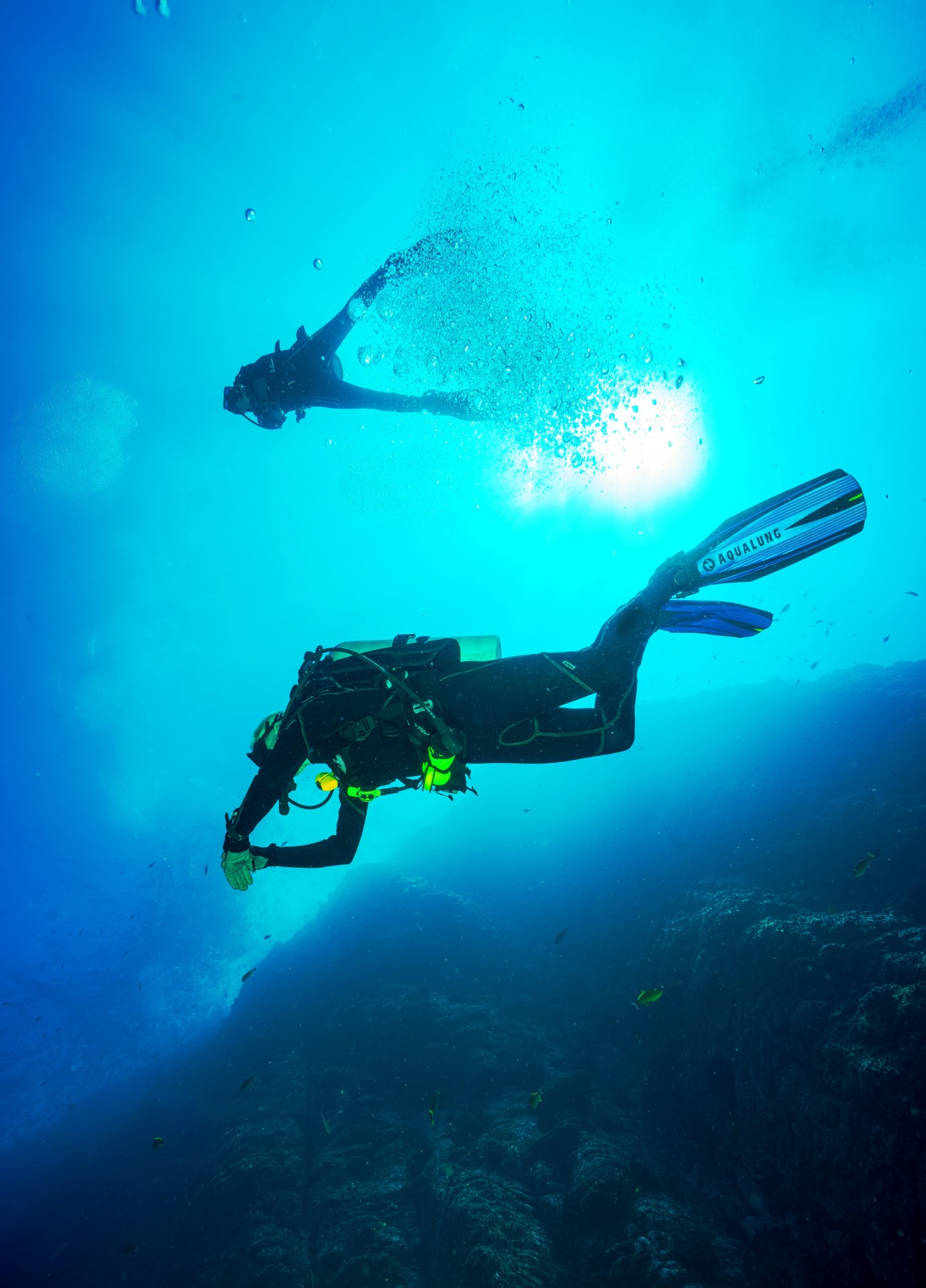
How Do Scuba Divers Sink and Float? (+Tips to Get It Right)








